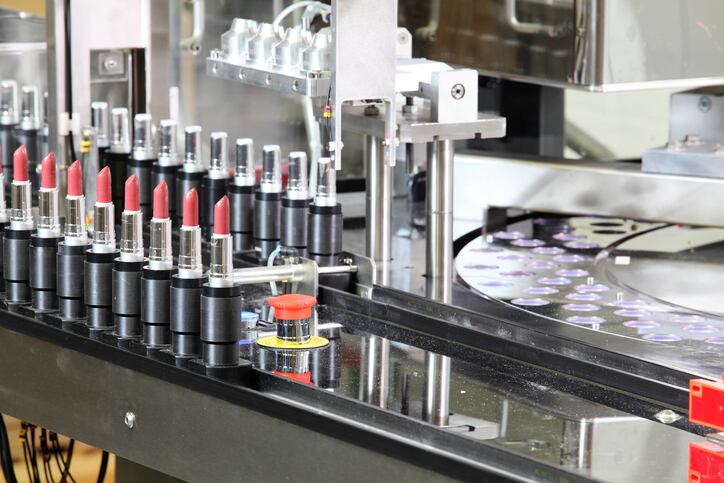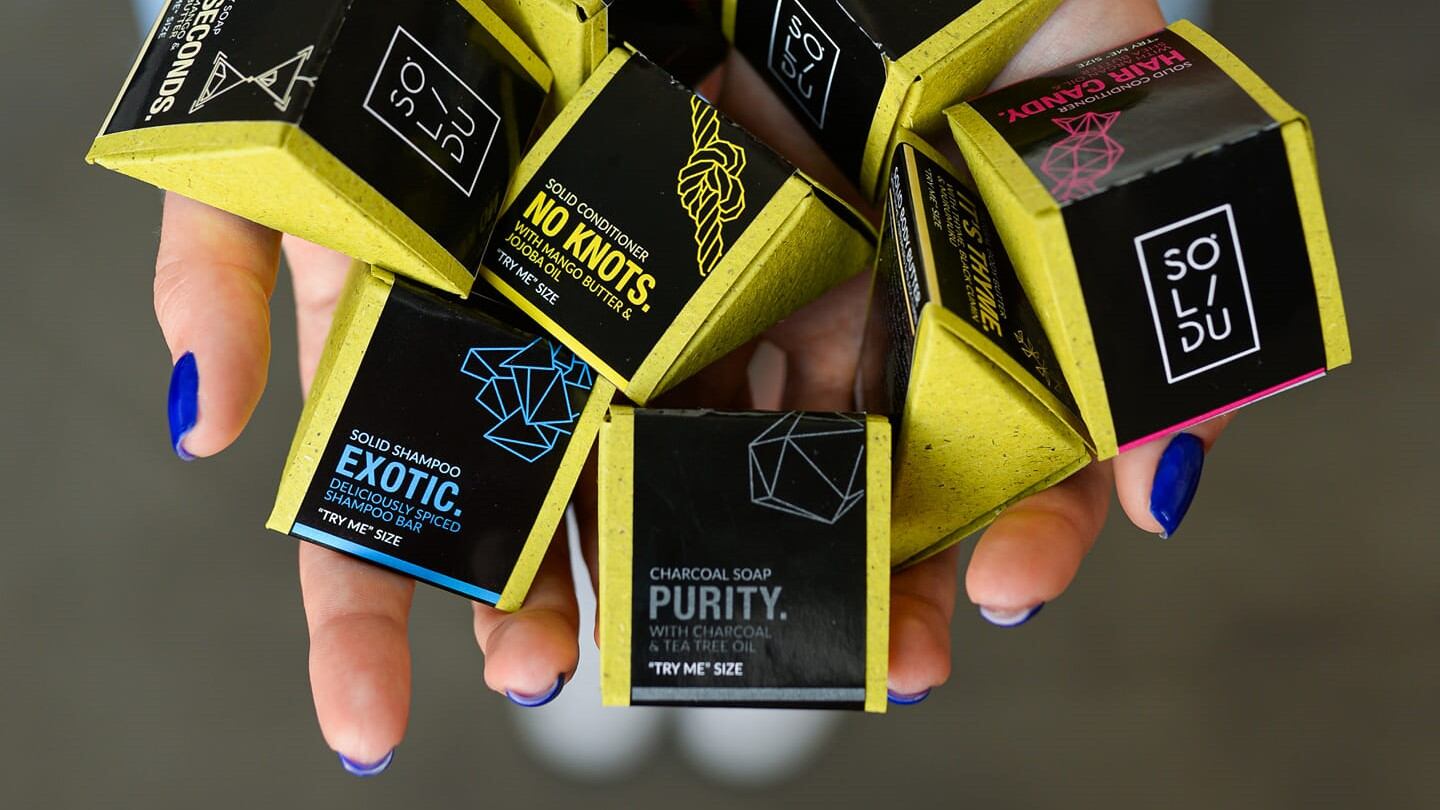The Federation has also called for a strong European policy on the matter and a price cap on electricity that supported businesses in the face of soaring energy costs.
EcoWatt Charter – real-time electricity grid insight
Last week, around 100 companies signed up to an engagement with France’s electricity transmission operator RTE, pledging to reduce or postpone electricity consumption during periods when there was significant strain on the electricity grid. The EcoWatt Charter, a scheme providing real-time information about the quantities of electricity available to French individuals, companies and communities, initially deployed in 2020, had been designed to promote more responsible consumption and help secure electricity supplies across the country.
A rush of companies joined this month following the unveiling of the French government’s ‘energy sobriety’ plan that aimed to slash total energy consumption across France by 10% by 2024. More companies had also signed up given rising concerns around the security of the country’s energy supply heading into winter amidst the war in Ukraine. Major signatories included TotalEnergies, EDF, and Carrefour, and FEBEA, representing more than 350 beauty companies, also signed up.
“A major player in ‘Made in France’ and industrial sovereignty, the cosmetics sector has long been committed to reducing its environmental footprint and its energy consumption. To support the entire sector in accelerating today along this path, FEBEA announces new commitments to make energy restraint a priority for all,” it said in a statement.
French beauty priorities
According to a survey conducted amongst its members, FEBEA said one-third of French beauty firms already used renewable energies and 43% said they had plans to invest in this space. A majority (96%) of businesses had also already implemented various actions to improve energy consumption, from simple changes like shutting doors and switching off lights, through to optimising industrial tools used in production and processing.
By signing the EcoWatt Charter, FEBEA said it was now taking on two new commitments to accompany industry in positive change. The Federation would now relay warning messages to its members during consumption peaks detected by the Charter and would also promote measures to reduce energy consumption via a series of tailored training programs. In addition, FEBEA announced a consumer awareness campaign, set to kickstart at the end of October 2022, that aimed to educate consumers and promote eco-friendly gestures to adopt in the bathroom – an effort that built on the French government’s ‘every gesture counts’ campaign.
Cosmetics in an energy crisis
At the time of signing the EcoWatt Charter, FEBEA also took the opportunity to highlight difficulties facing French beauty companies of all sizes, but especially SMEs, amidst surging energy costs.
The Federation called for a “strong European policy” to be implemented and the introduction of a price cap to respond to such difficulties.
Emmanuel Guichard, general delegate of the FEBEA, said: “Cosmetic companies are industrial companies that manufacture in France. In order to preserve production capacities and employment, it is essential that the government be able to achieve, in European negotiations, a decoupling of the price of gas and electricity and establish a ceiling price on the gas used for the production of electricity.”




